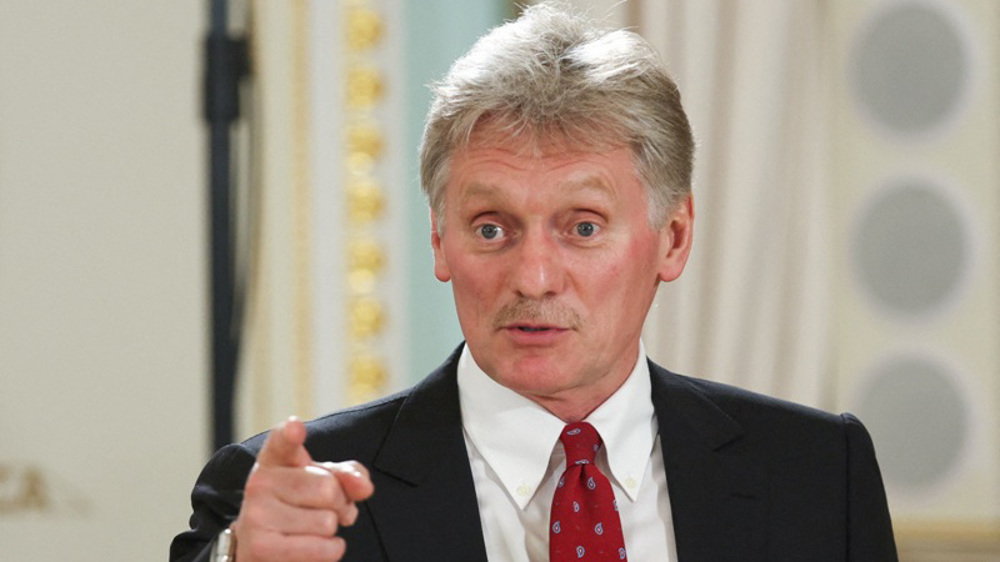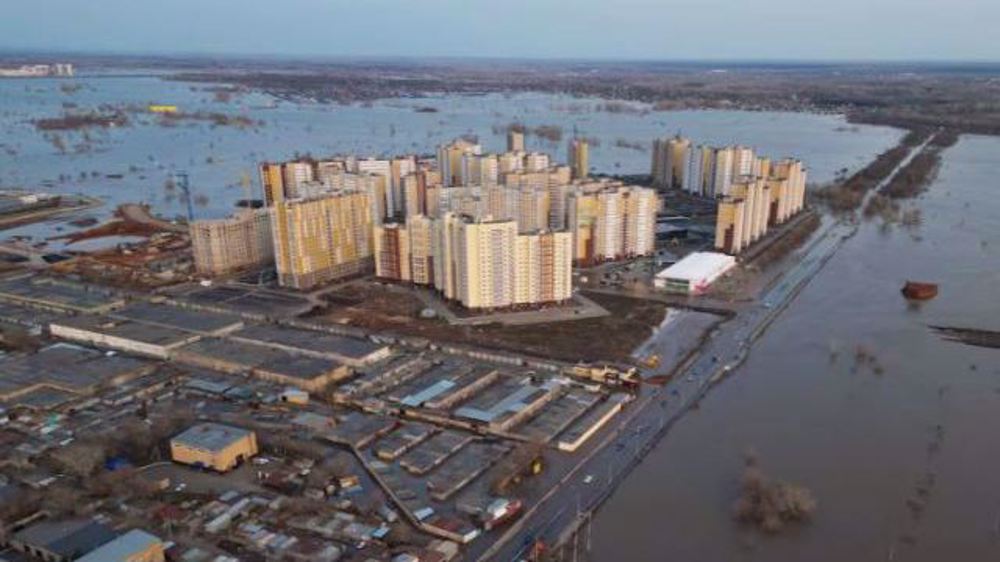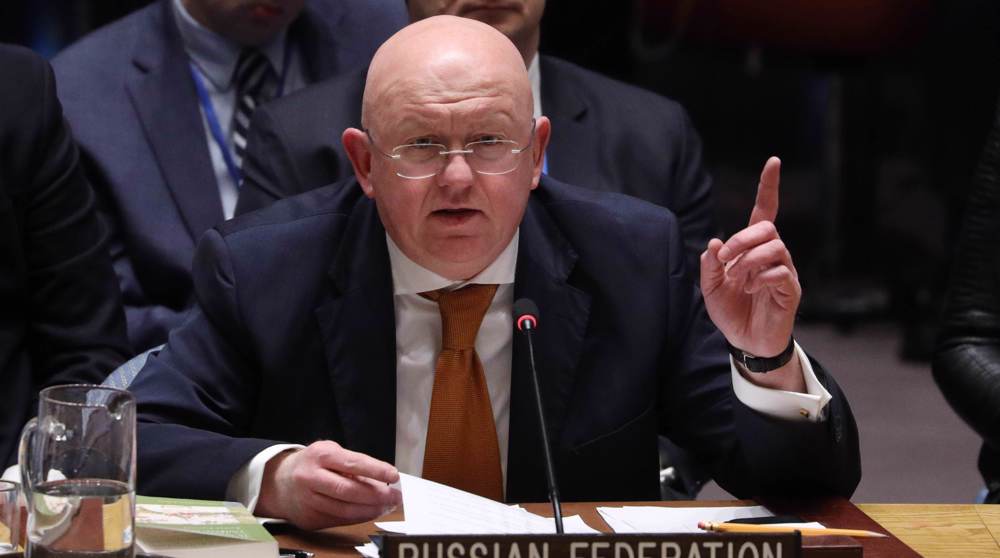Russia to boost naval capabilities in 2015
Russia’s navy chief says Moscow plans to boost the country’s naval capabilities by expanding its naval fleet with 50 ships this year.
Admiral Viktor Chirkov made the announcement on Monday, saying the vessels will be of various sizes and classes.
The Russian navy is to receive new frigates and patrol boats as well as surface ships and nuclear submarines of the new generation Borei and Yasen classes, which are to replace Russia’s aging underwater nuclear vessels from the Soviet-era.
Russian media reported that the new vessels are part of a rearmament program launched by President Vladimir Putin aimed at providing the country with a navy capable of operating far from Russian homeland by the year 2050, an ability lost after the Soviet Union dissolved in 1991. Currently, the country’s navy is mainly focused on a coastal defense role.
“The period of stagnation in the development of our potential has long since passed,” said Chirkov.
Moscow in January announced plans to boost the country’s military capabilities, particularly in the Crimean Peninsula, the Arctic and the westernmost Kaliningrad region.
Defense Minister Sergey Shoigu has said the Russian military is set to receive this year some 700 armored and 1,550 other vehicles, 126 planes, 88 helicopters, and two Iskander-M missile systems.
NATO expansion in Eastern Europe

The decision to boost Russia’s defense capabilities comes as the Western military alliance NATO plans to expand its military presence in Eastern Europe amid the Ukrainian crisis.
The defense ministers of NATO’s 28 member states agreed on February 5 to establish six new command and control posts in the Eastern European countries of Estonia, Latvia, Lithuania, Poland, Bulgaria and Romania.
NATO also decided to set up a new headquarters in western Poland to support northeastern member states as well as a similar site in Romania for members in southeastern Europe.
The Western military alliance has over the past year increased its presence, and conducted several exercises in Eastern Europe amid the crisis in Ukraine. In 2014, NATO forces held some 200 military exercises, with the alliance’s General Secretary Jens Stoltenberg having promised that such drills would continue.
Moscow has repeatedly condemned NATO’s exercises and military buildup toward its borders.
The relations between Russia and NATO strained after Ukraine’s Crimea integrated into the Russian Federation following a referendum on March 16, 2014. The military alliance ended all practical cooperation with Russia over the ensuing crisis in Ukraine last April.
The United States and its European allies accuse Russia of destabilizing Ukraine, and have imposed a number of sanctions against Russian and pro-Moscow figures. Russia, however, rejects the accusation and has retaliated with sanctions of its own.
CAH/HJL/HMV
Iran: Downed Israeli quadcopters cause no damage, injuries
VIDEO | Press TV's news headlines
Iran censures US veto of Palestinian request for full UN membership
Over 14,000 kids killed in Israel’s war on Gaza: UNICEF
VIDEO | Iran’s National Army Day marked at the Iranian embassy in Moscow
VIDEO | Iranian culture fosters further development, understanding in SA
VIDEO | People in Amman hold protest in support of Palestinians
French police arrest man after threatening to detonate himself at Iran consulate










 This makes it easy to access the Press TV website
This makes it easy to access the Press TV website